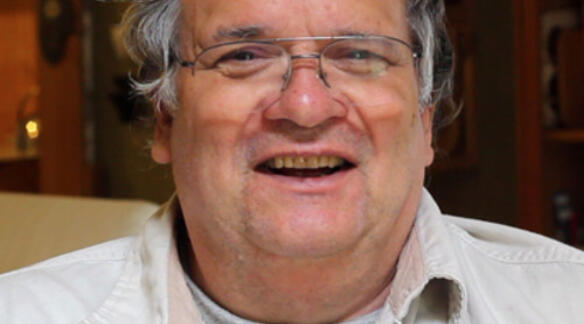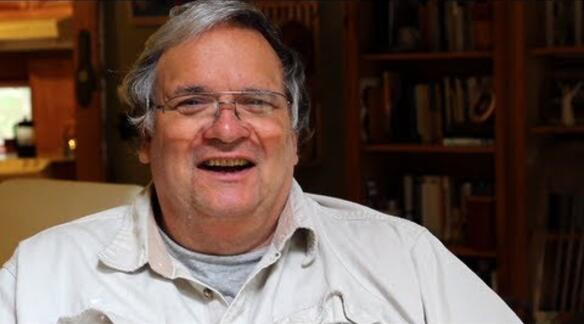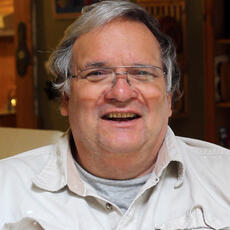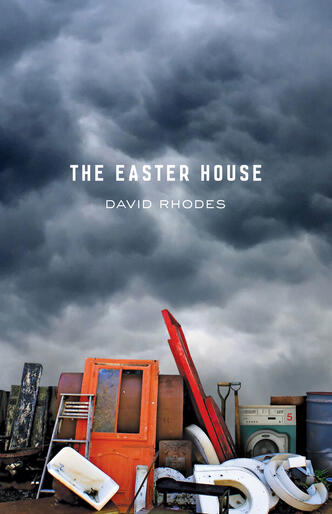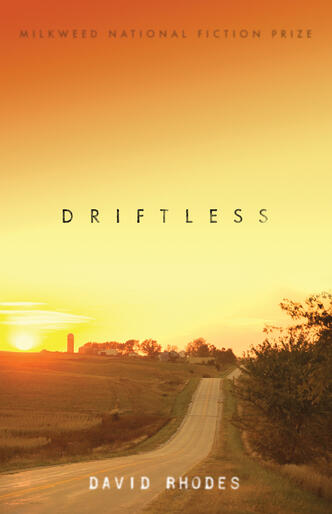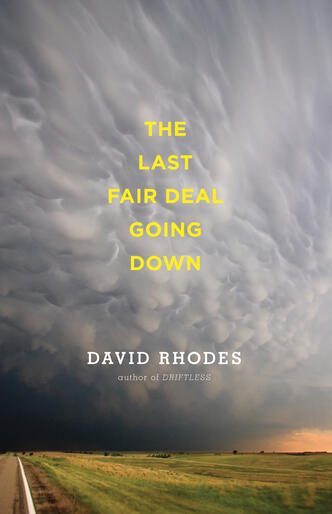
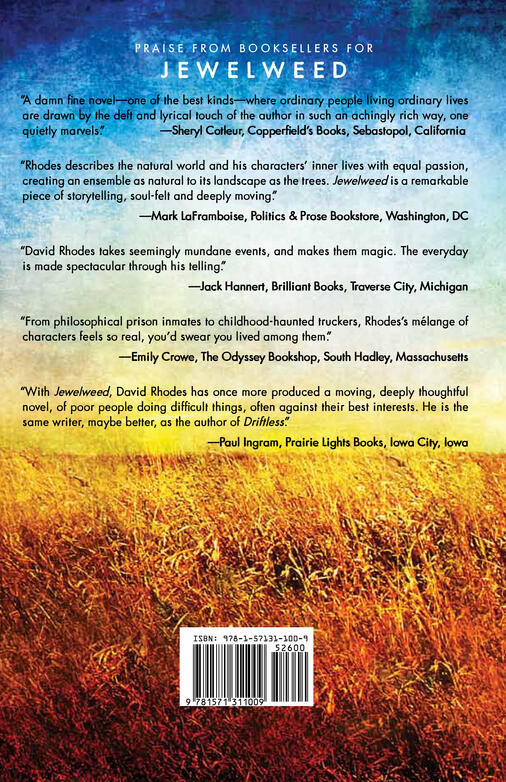
Jewelweed
In Driftless, “the best work of fiction to come out of the Midwest in many years” (Chicago Tribune), David Rhodes made Words, Wisconsin, resonate with readers across the country. In Jewelweed this beloved author returns to the same out-of-the-way community and introduces a cast of characters who must overcome the burdens inherited from the past.
After serving time for a dubious conviction, Blake Bookchester is paroled. As Blake attempts to adjust to life outside prison, he reconnects with Danielle Workhouse, a single mother whose son, Ivan, explores the woods with his precocious friend August. While Danielle goes to work for Buck and Amy Roebuck in their mansion, Ivan and August befriend Lester Mortal, a recluse who lives in a melon field; a wild boy; and a bat, Milton. These characters—each flawed, deeply human, and ultimately universal—approach the future with a combination of hope and trepidation.
Jewelweed offers a vision in which the ordinary becomes mythical, the seemingly mundane transformed into revelatory beauty.
